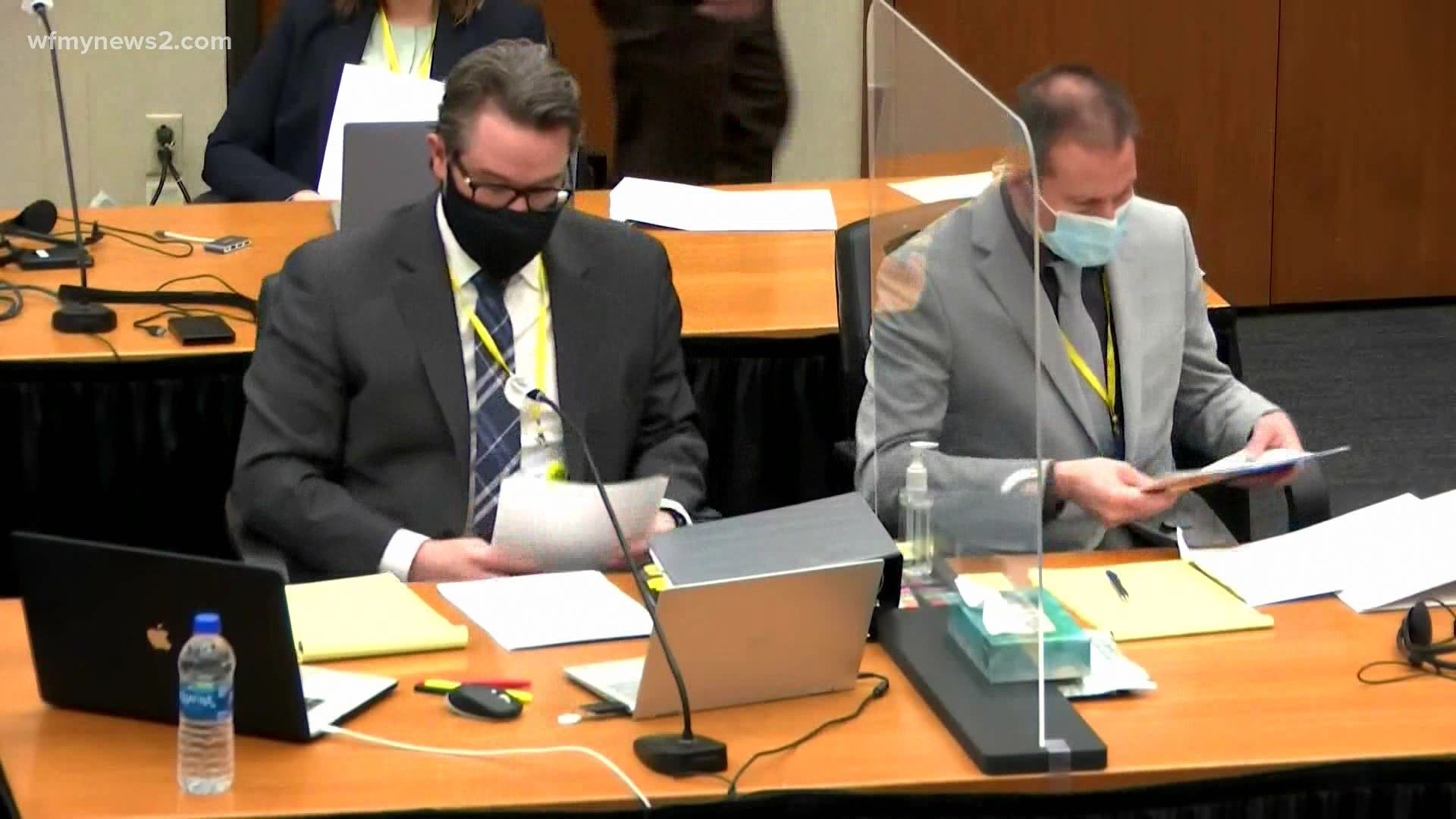As parents, you’d prefer to protect your kids from scary, real-world events than expose them to the harsh realities of life. Unfortunately, you can’t shelter your kids from learning about these events because they’ll hear about it from social media, news, and talking to their kids. For example, many people are watching and talking about the Derek Chauvin trial. Chauvin is the former police officer who is charged with the murder of George Floyd. It can be difficult to have these conversations when you’re feeling conflicted and perhaps, might not be sure what to say.
Many times, kids make this part easy for parents because they’ll ask you questions, you hear them talking about it, or they’ll see you watching the trial or listen to you talking about it. To get a starting point, ask your kids what they know about the situation. Figuring out what your kids know, let’s you clarify any misinformation.
With younger kids, tell them what they need to know in short and simple answers. Answer questions that they ask you. Sometimes parents think they have to give more detail than necessary. Think about how you might answer such general questions that younger kids might ask. And kids may want to know that they’re safe and the bad situation won’t happen to them or their family. Parents should reassure their kids’ fear.
Teens tend to want to know more of the details and understand “why” these situations happen. A great place to start is by asking them questions and asking for their thoughts about the situation because this can guide the conversation about what’s important to them. You might want to watch some of the trials with your teens. Listen to what they have to say about the trial. You might be surprised by your teen’s insights. My 16-year-old son and I have watched some of the trials together. He’s listening to witness testimonies, the attorney’s line of questioning, and he’s asking questions about “why” or “what if” or challenging what he’s hearing. These conversations help teens with critical thinking skills and continue to develop their empathy.
Share your thoughts on my Facebook page: Blanca Cobb – Body Language Expert. Write a message on my timeline, and I’ll get back to you. While you’re on my page, I’d appreciate it if you give my page a “like.”

